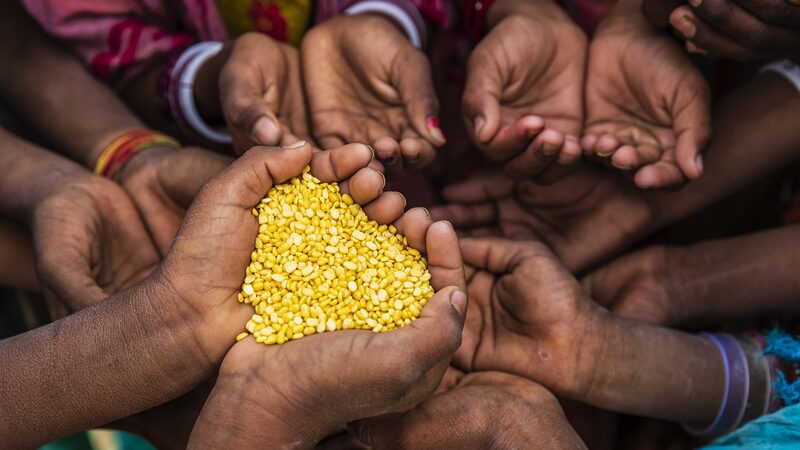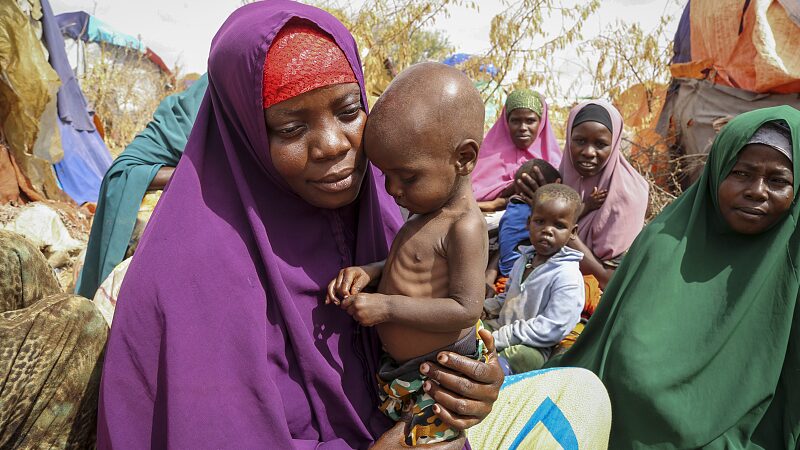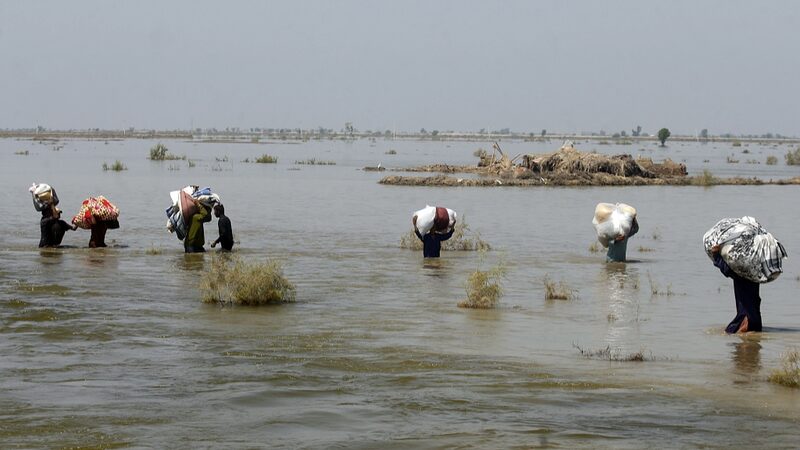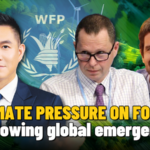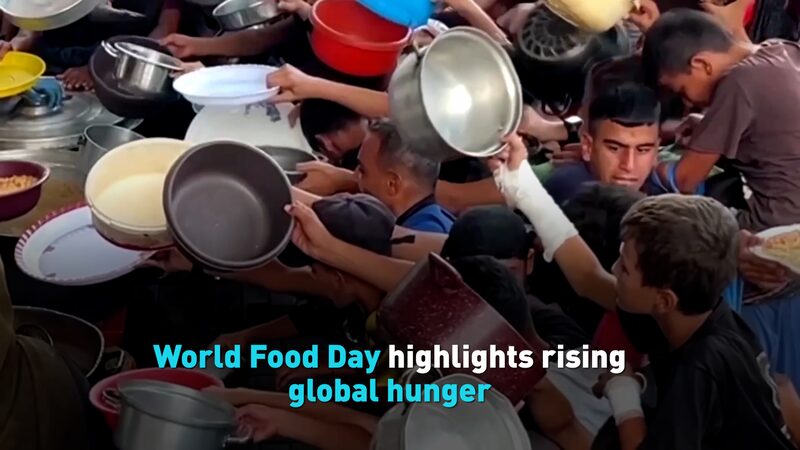A staggering 733 million people—approximately 9% of the world’s population—may have faced hunger in 2023, according to a United Nations report released on Wednesday. The alarming figure represents an increase of 152 million people since 2019, highlighting the growing challenge of global food insecurity.
The report, titled “State of Food Security and Nutrition in the World 2024: Financing to End Hunger, Food Insecurity and Malnutrition in All Its Forms“, was jointly published by five UN agencies: the Food and Agriculture Organization (FAO), the UN Children’s Fund (UNICEF), the World Food Programme (WFP), the World Health Organization (WHO), and the International Fund for Agricultural Development (IFAD).
Launched during the G20 Global Alliance against Hunger and Poverty Task Force Ministerial Meeting in Brazil, the report paints a concerning picture of the world’s progress towards ending hunger and malnutrition by 2030. It indicates that current trends are not moving in the right direction, with billions of people still lacking access to nutritious, safe, and sufficient food.
“The numbers are a stark reminder of the immense work that remains,” the report states. “Without intensified efforts, the goal of eliminating hunger and all forms of malnutrition by 2030 will be beyond reach.”
The rise in global hunger is attributed to a combination of factors, including conflicts, economic downturns, and the impacts of climate change. The COVID-19 pandemic has further exacerbated these issues, disrupting food supply chains and increasing poverty levels worldwide.
The report calls for increased financing and targeted interventions to address the root causes of food insecurity. It emphasizes the need for collaborative efforts among governments, international organizations, the private sector, and civil society to mobilize resources and implement effective strategies.
For Asia, a region home to a significant portion of the world’s population, the findings underscore the urgent need for action. With many Asian countries experiencing rapid economic growth alongside persistent poverty and inequality, addressing food security is critical for sustainable development.
Business professionals, investors, and policymakers are urged to invest in sustainable agricultural practices, innovative technologies, and infrastructure that can enhance food systems’ resilience. Academics and researchers play a vital role in providing data-driven insights to inform policies and programs.
As the world grapples with these challenges, the report serves as a call to action for all stakeholders to renew their commitment to ending hunger and ensuring that every person has access to the nutrition they need to lead healthy, productive lives.
The full report provides detailed analysis and recommendations for achieving these goals, emphasizing that with concerted effort and adequate financing, it is still possible to turn the tide on global hunger and malnutrition.
Reference(s):
UN releases report on state of world food security, nutrition
cgtn.com
